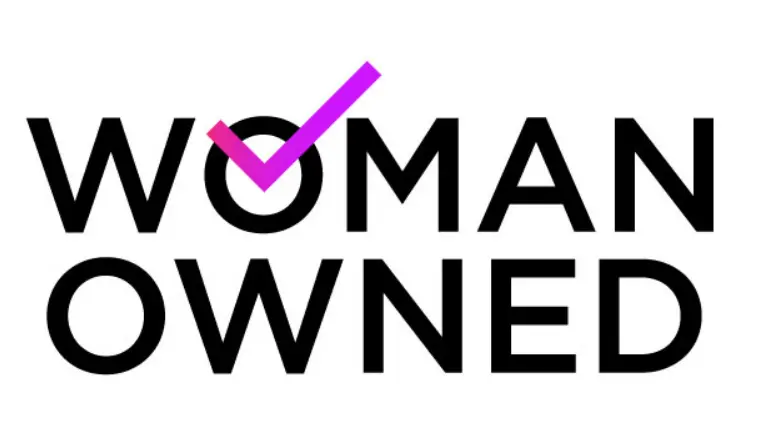Get To Know Your Therapist, Roland Gomez, MA, LMFT (LMFT 142520)
Roland Gomez, LMFT, joined JRM&A, Inc. in May 2021. He holds a Master of Arts in Clinical Psychology with an emphasis in Marriage and Family Therapy from Pepperdine University.
Roland began his career in social work by starting as an intern in school-based therapy settings. He later gained experience working with adolescents, teenagers and their families. His theoretical approach to therapy is influenced by multi-cultural perspectives, person-centered theories, trauma-focused cognitive behavioral therapy, and solution-focused therapy.
Roland emphasizes the importance of creating a therapy space that recognizes the client’s beliefs, background, culture and personality. We interviewed him so you can get to know him better and decide if his therapeutic approach is a good fit for you!
1. What made you want to become a therapist?
Being born and raised in the Los Angeles area, I grew up witnessing the society around me go through incredible struggles. I had never even heard of “mental health” until I was in high school, and it quickly became a mission of mine to spread awareness to low socioeconomic status areas about the importance of mental health.
2. Have you struggled with mental health yourself?
I feel like everyone has struggled to some degree, but I felt the greatest mental health challenges in college. Having to work 2 or 3 jobs while being a full time student just to pay for school didn’t feel good. In fact, I hated it. I hated how it wore me down year after year for 4 years of undergrad and 3 years of graduate school. The problem with being a prospective therapist is that we often struggle to take our own advice. I wish I utilized better coping skills and self-care during those tough years.
3. What does trauma and Post Traumatic Growth mean to you?
Trauma can take so many different forms, which is why it is so scary. Frightening events, witnessing something horrific, or being a victim. Perhaps victim isn’t the right word, perhaps we can call that person a survivor. This is an example of post traumatic growth, and how the narrative of being a victim can shift to being a survivor. Surviving a highly stressful event is evidence of that individual’s strength. PTG means using that difficult experience as a catalyst for positive change. What if the traumatic event becomes a newfound appreciation for life? What if your survival of the event is proof of strength you didn’t know you had all along?
4. What clientele population do you have most experience working with?
I have the most experience working with high school age students. For almost 5 years I had the privilege of working in a public school setting in Los Angeles county. For those in the know, you can bet these were kids growing up in difficult situations be it single parent homes, poverty, gang violence, you name it.
5. How do you support clients in their therapy journey?
I always meet them where they are. If they have been to therapy before and have a good idea of what works for them, I start there. If they are first timers with a lot of skepticism that therapy can help them in any way, I start there. I learn about what strengths they do have and maximize them. My first goal is to begin instilling a sense of independence and belief that they are capable of regaining control of their lives. The more they believe in themselves, the higher the likelihood that they can maintain themselves well after the end of therapy.
6. What is one unique thing about yourself that you would like your clients to know?
Anytime I’m asked any variation of the question “what is something unique about you”, I always answer that I am a musician. Writing lyrics and music is a great example of vulnerability and emotional expression. I want my clients to be able to lay out their stored up emotions like a musician can. Sharing deep experiences with others is how we become connected, it’s how we find meaning.
7. What makes JRM&A therapy unique from other clinics?
I just love how JRM&A allows their therapists to approach clients with their unique theoretical perspectives. Many clinics can be quite adamant about only practicing certain types of therapy (Usually whichever the clinical supervisor specializes in) and I’m not sure how to feel about that. Therapy is not a cookie cutter field, it isn’t one size fits all, so to have the freedom to customize the therapeutic experience specifically to a client’s needs makes me feel right at home.
8. What would you say to someone hesitant to use therapy?
I would ask them, what about therapy makes you feel hesitant? Having an honest conversation and clearing up misconceptions about what therapy is can be very helpful. I love discussing these things with first timers to therapy, especially those who come from families that generationally don’t believe in the importance of mental health. Plus, therapy is more accessible than ever! You can be in the comfort of your bedroom experiencing your first therapy session. You can try something new, or you can go back to what you have been doing. By the way, how’s that working for you?
More Resources
At JRM&A we lead with compassionate, trauma-informed therapeutic models that are personalized and solution-focused to help support our clients’ needs and attain their personal goals.
To learn more about trauma and how to move through Post Traumatic Growth, download our Post Traumatic Growth Road Map!
To schedule an appointment with us, call (650) 386-6753 or visit our website https://joellerabowmaletis.com/contact-us/.




